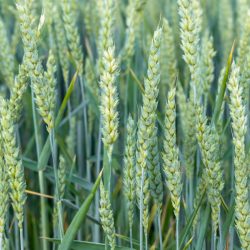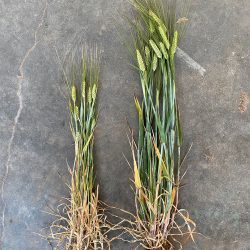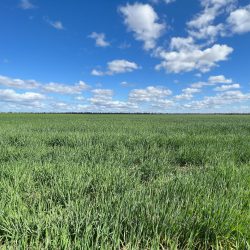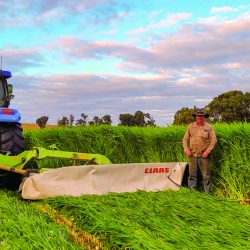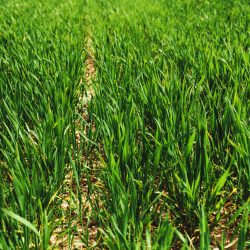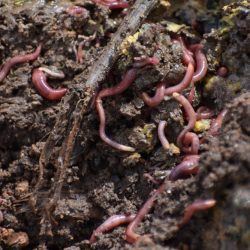
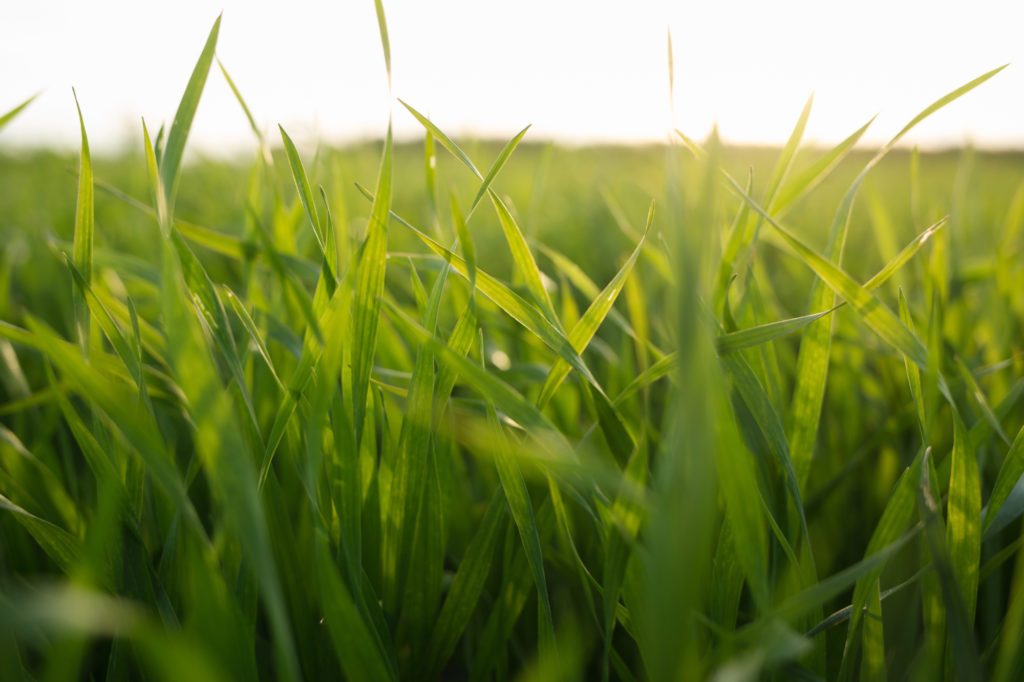
Organic Fertiliser and why make the switch
The use of fertilisers is not new to agriculture and general farming practises. But for some switching to organic fertiliser, is new, for some it’s a huge leap from “traditional” practises. To help the process of making sense of why to switch here’s a few reasons to consider.
Organic fertilisers are natural products derived from organic matter, the by-product of organisms contributes to making organic fertiliser. It’s the natural way of soil enhancement, where plants get a steady supply of nutrients for healthy grow with time, eliminating the potential to burn roots.
There’s a growing trend for sustainable agriculture, and to tick this box using organic fertilisers comes in handy. For some farmers, Worm Hit is about to become their new best friend; offering the abundant benefits of being an organic fertiliser as they take on sustainable farming.
How Organic Fertilisers Make Green, Gold
Worm Hit biological fertilisers offers more than just plant growth, let’s discover more:
- Repairs damaged soil:In the hustle and bustle of running the farm, many farmers overlook the negative impact of continuously using synthetic fertilisers over an extended period of time. Usually, the first season while it may deliver a slight improvement in yields, the organic fertiliser from worm castings is busy repairing the soil’s foundations. It’s the second and third seasons the big dividends will be delivered from the healthy soil.
- Improve Soil Heath & Structure: Starting with the foundation; soil aeration and water-holding capacity are improved by soil micro-organisms. This greatly improves the plant and crop’s ability to survive when water is scarce.
- Enhanced Microbial Activity & Biodiversity: Micro-organisms have a huge role in keeping the soil well-aerated and fertile. Organic fertilisers act as food for these organisms, making sure the micro-organism population and activity increase.
- Sustainable & Environmental Friendly: Organic fertilisers contribute to tangible agricultural results by enhancing soil fertility and plant health without harming the environment. The use of organic fertilisers ensures long-term soil productivity and sustainability, providing farmers with a reliable method to achieve consistent and high-quality harvests and bumper yields.
- Slow release of nutrients for steady plant growth: Organic fertilisers release nutrients slowly, providing a steady supply of nutrients over time. This gradual release helps in preventing nutrient leaching and ensures consistent plant growth.
Organic Fertilisers VS Synthetic Fertilisers
How Are They Different
Nutrient Content
- Provide a broad spectrum of nutrients derived from natural sources.
Synthetic Fertilisers: Typically offer specific nutrients in concentrated forms.
Soil Health - Enhance soil structure and promote long-term soil health.
Synthetic Fertilisers: Provide immediate nutrient availability but may adversely impact soil structure over time.
Soil Health
- Organic Fertilisers: Enhance soil structure and promote long-term soil health.
- Synthetic Fertilisers: Provide immediate nutrient availability but may adversely impact soil structure over time.
Environmental Impact
- Organic Fertilisers: Generally have a lower environmental impact due to natural sources and biodegradability.
- Synthetic Fertilisers: Can offer efficient nutrient delivery but may require careful management to avoid environmental runoff.
Cost and Availability
- Organic Fertilisers: Often made from locally sourced materials and can be cost-effective over time.
- Synthetic Fertilisers: Widely available and can be tailored to specific nutrient needs.
FAQs
Q: Are organic fertilisers as effective as synthetic ones?
A: Yes, organic fertilisers can be just as effective, especially when used correctly and in conjunction with good farming practices.
Q: How often should I apply organic fertilisers?
A: This depends on the type of fertiliser and the needs of your soil and plants. Regular soil testing can help determine the optimal application frequency.
Q: Can I use organic fertilisers for all types of plants?
A: Yes, organic fertilisers are suitable for a wide range of plants, from vegetables and fruits to ornamental plants and lawns.
